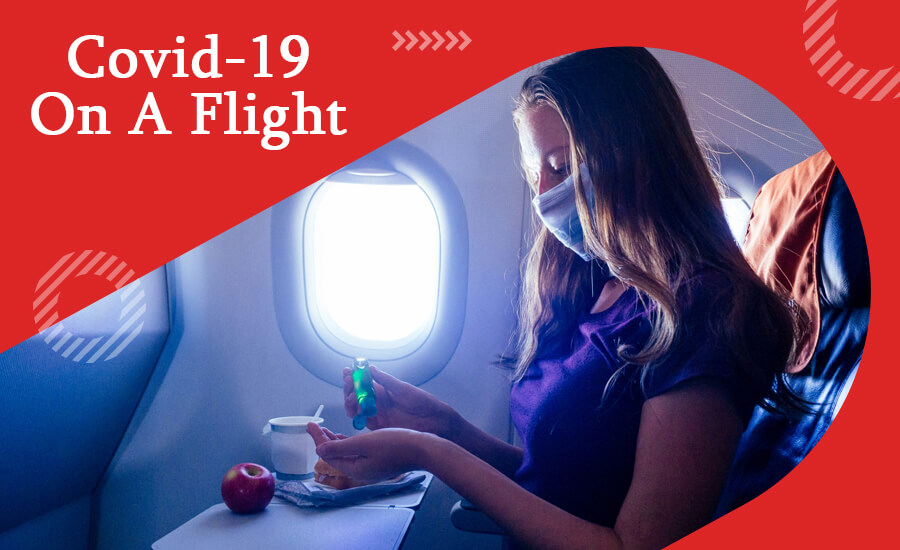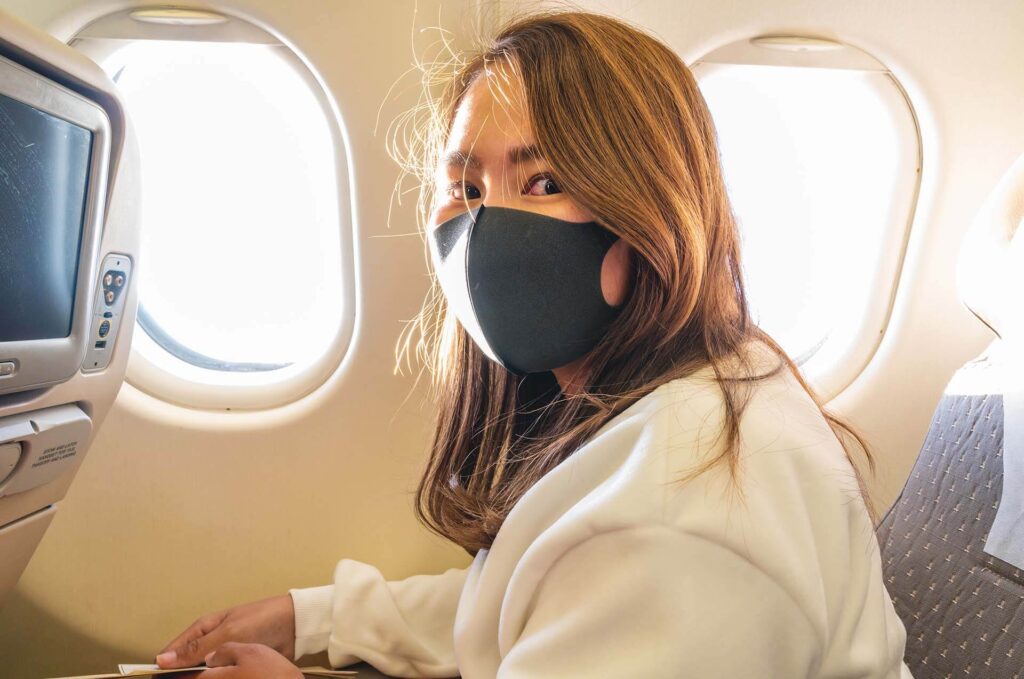
While countrymen and women are still expressing fears over flying during the coronavirus pandemic, some governments have tried to alleviate this anxiety by saying the planes are not vectors carrying the virus. Nevertheless, this claim has been considered untrue by experts.
According to health professionals, a vector transmits the virus from place to place, and aircraft have been moving people – infected persons around the world, making efforts to control the spread of coronavirus harder. A notable expert has described airplanes as the perfect means of transmitting the virus.
However, the contextual explanation of the government claim about safe flying is in the safety that comes with flights instead of their use in transmitting the viral infection from one location to another.
This has caused a lot of controversies and claims are unverified as a result of the absence of reliable data.
So, what’s the expert viewpoint on contracting the virus while flying? Generally, aircraft are good as regards to the quality of air in the cabin; however, professionals believe the chances of infection largely comes down to the policies airlines have put in place concerning the seating, masking, and boarding time of passengers.
Is air travel safe?
Experts believe that the chances of getting the virus during a flight are low should the airline be complying with public health experts prescribed procedures. This includes making sure passengers wear their masks, health screening for sick travelers, and maintaining passenger seating distance.
Evaluation of science across all diseases shows that aeroplanes have few outbreaks.
Airlines have also noted that there are HEPA filters on commercial planes as recommended by the Centres for Disease Control and Prevention. This is the same type of filter used in hospital isolation rooms. 99.9 percent of airborne particles are captured by HEPA filters keeping the spread of viral infection on the low. Also, there are changes to the air in a plane’s cabin between 10 to 12 times in an hour – improving the air quality more than that found in a typical building.
It is not easy to contract the virus from persons seated several rows away since the exchange rate of air is high. But you can get infected by persons in close contact with you.
A report from an indoor air pollution expert shows that the highest risk of viral infection in flights is when you seat in front, behind, next to, or across the aisle from an infected person.

Bear in mind that the airplane’s sophisticated ventilation system may not suffice in the control of outbreaks. And should airlines fail to be strict with enforcing the use of masks, and keeping the middle seat open, the flight could be dangerous. This is important because infected particles move a lot faster than the rate at which the aircraft vent flushes them out.
Talking, coughing, and breathing makes droplets available in the cabin always. You can get a PCR test for travel to know how healthy you are. Wearing a face mask will greatly help to prevent infection spread. In fact, studies show that a lot of persons have been infected during flights because they failed to use their face masks.
It is still dangerous to fly
Unless it is really necessary, flights should be avoided even if the risks are relatively low.
According to experts the flight itself isn’t dangerous rather the emphasis is on social gathering as it increases chances of transmission – going through security and waiting at the gate for your plane to dock, brings you closer to other persons. But the risk is low when you stay at home and visit places quickly.
The riskiest part of the flight is when the ventilation isn’t working well, and physical distancing isn’t possible.
Planes and viral outbreaks
Generally, it is an early start to assess how much of the virus people contract on a plane – it is quite a challenge doing this.
Studies show that coronavirus-infected persons who show signs days after getting to their destination may have contracted it while at home, at the airport, during flight, and even when they get to their destination airport. Get a PCR swab test to be sure you’re healthy and coronavirus-free.